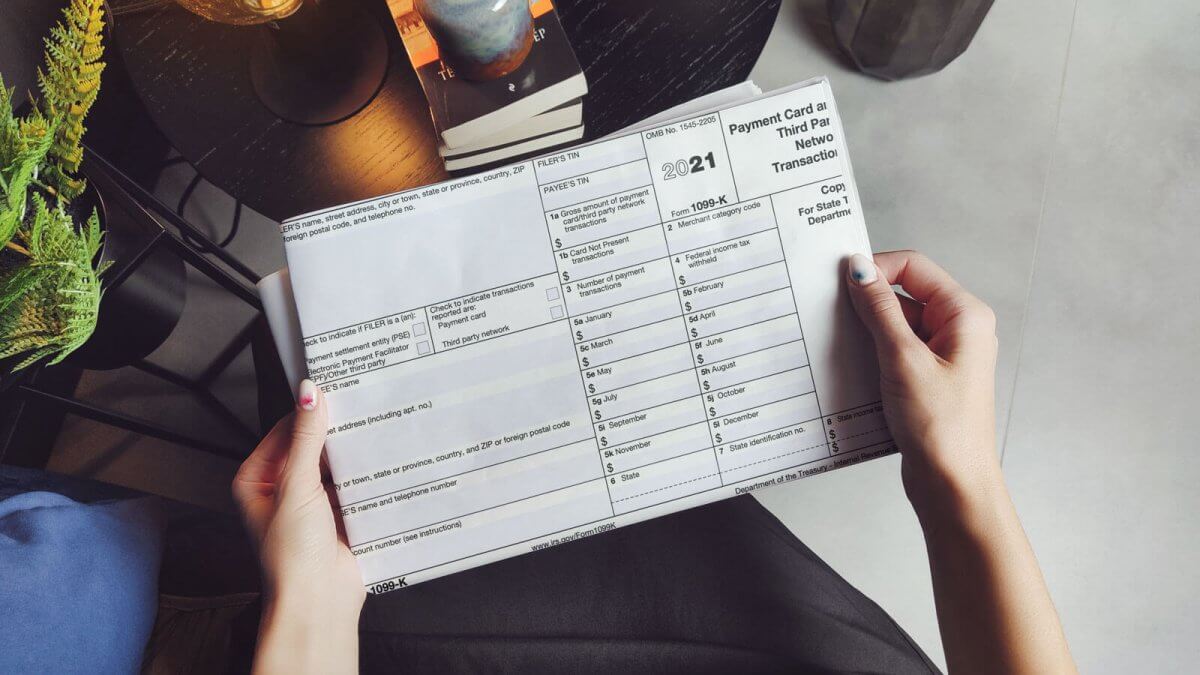
In the past two weeks, the car-sharing service Uber — which lets users find and book participating taxis from their smartphones — has added Salem, Eugene, and Vancouver to its roster of more than 100 cities where it’s available. Uber’s service allows individuals with their own cars, as well as licensed drivers of private town cars, to pick up riders looking for a taxi using the company’s app.
Uber and room-renting website Airbnb are both examples of the “sharing economy,” through which companies connect users with each other. But while Portland is poised to become the first city in the country to collect taxes on Airbnb rentals, Uber isn’t available to Portland residents.
In December, the city’s Private For-Hire Transportation Board of Review rejected Uber’s request to waive city taxi regulations that would allow the company to enter the market. Passenger safety concerns mean the city must look at transportation companies with a different level of vigilance than lodging companies, says Dylan Rivera, communications manager at the Portland Bureau of Transportation.
The Internet Association’s President and CEO, Michael Beckerman, talks to Oregon Public Broadcasting’s Think Out Loud about Ridesharing in Portland. Click here to listen to the radio show.










